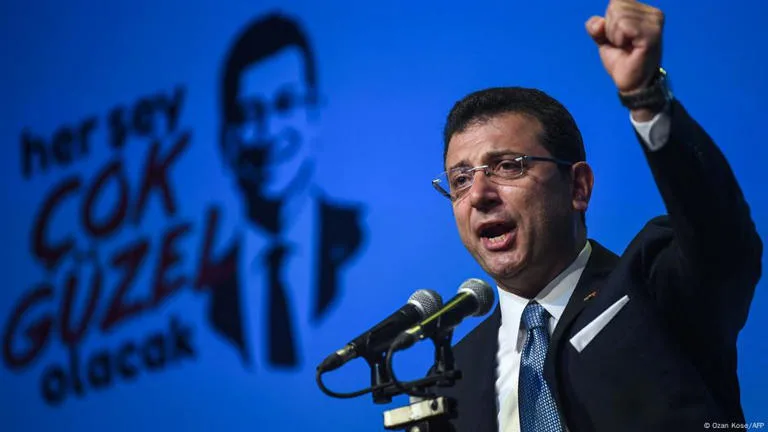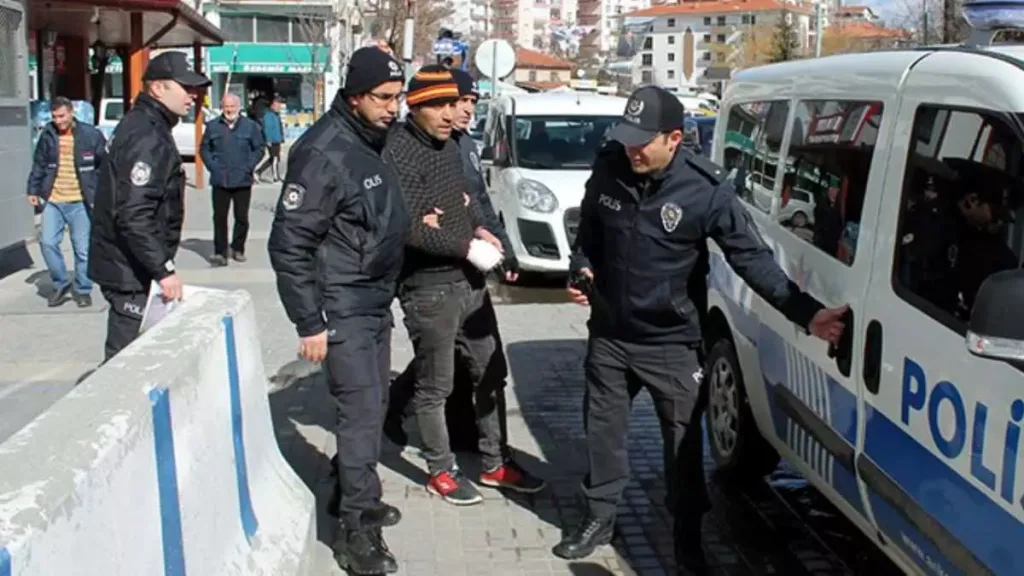The Turkish protests, sparked by the detention and arrest of Istanbul mayor Ekrem İmamoğlu on March 19, 2025, have escalated into a nationwide movement against President Recep Tayyip Erdoğan’s government. The protests have spread to almost all of Turkey’s cities, with hundreds of thousands of people participating, including university students, opposition parties, and civil rights groups.
The protests have been met with force by the Turkish authorities, with riot police using tear gas, rubber bullets, and water cannons to disperse the crowds. According to Interior Minister Ali Yerlikaya, over 1,900 people have been detained since the protests began, with 260 placed in pre-trial detention.

Despite the crackdown, the protests continue to grow, with the opposition Republican People’s Party (CHP) calling for a boycott of companies close to the government. The CHP has also announced plans to hold weekly rallies in cities across Turkey .
The international community has expressed concern over the situation in Turkey, with several countries calling for the release of detained journalists and protesters. The European Union has also urged Turkey to respect the right to peaceful assembly and freedom of expression.

The protests have reached a critical point, with President Erdoğan accusing the opposition of “provoking” the Turkish people and warning of counter-protests by government loyalists. The situation remains volatile, with the potential for further escalation and clashes between protesters and authorities .
